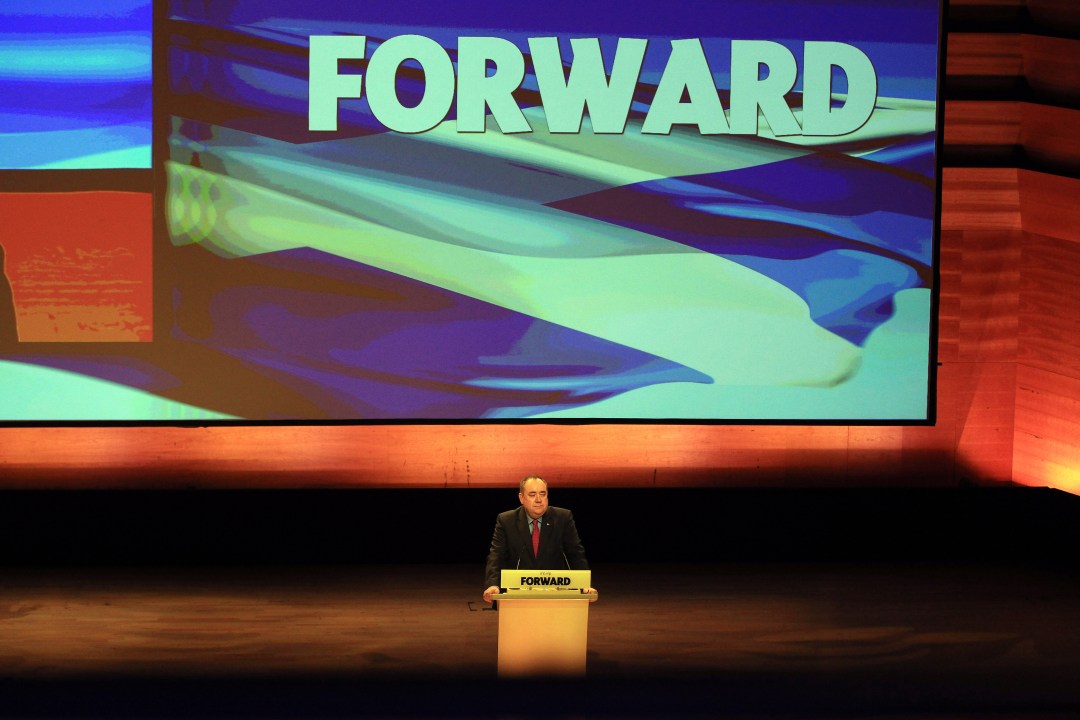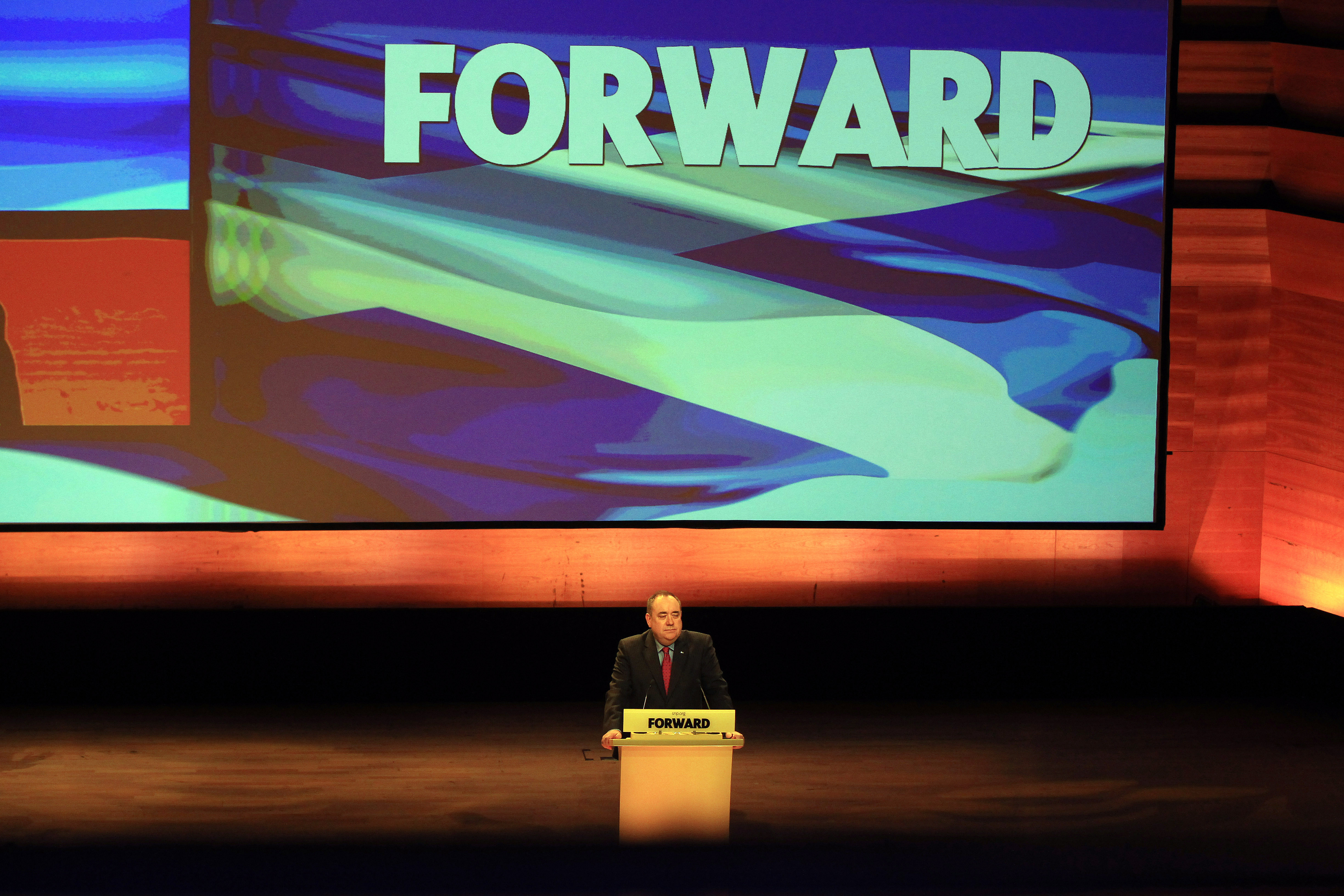Alex Salmond is back in Bute House, refreshed and chippered by a much-needed holiday. If 2012 was a year in which the Referendum Guns were first deployed it was still, in the end, something of a phoney war. At the risk of exhausting an easily-exhausted electorate, 2013 should see more action.
This week’s column at Think Scotland argues that the SNP need to broaden their vision and approach the campaign with a greater sense of generosity than is sometimes seen. At present they depend too heavily – in my view – on the idea that independence is a way to Tory-proof Scotland. That’s a negative, not a positive, case. Moreover it’s one that muddles a short-term inconvenience (A Tory-led government with little support in Scotland) with a long-term reality: independence is for life, not Christmas. Are you really asking people to dump 300 years of history just because you think David Cameron a wrong ‘un? He won’t be around for ever.
Anyway, this is the thing: if anti-Toryism is the SNP’s favourite stance then what is the point of the SNP? We already have the Labour party for that kind of thing? No, Labour and the Tories are not “just the same” and no, this line does not become any less ridiculous the more often or the more loudly it is repeated.
Suppose, however, that it did not contradict people’s own experience of politics? What message are the nationalists sending? Vote Yes to “save” Scotland from conservatives who cannot – we are told – possibly have Scotland’s best interests at heart. Vote Yes to “save” Scotland from a Labour party that is – at best, we are told – some kind of bizarre collection of Tory stooges.
Now I can understand why the nationalists think this makes sense. What baffles me is why they think people who are not already nationalists will be persuaded by it. Surely it cannot be stressed often enough that the Yes campaign requires the votes of thousands and thousands of Scots who do not ordinarily support the SNP. Insulting these voters – and their intelligence – seems an odd way to go about persuading them to support the nationalist cause.
Again, I understand why this strategy might seem appealing to people who already support independence. But preaching to the converted is not enough and nor, in the end, is this kind of negative anti-Tory argument for independence. Which, again, is why the Yes campaign needs a bigger, broader, better kind of vision if it is to prevail.
Campaigns are also about signalling. A good deal of the SNP’s present rhetoric is predicated upon the suspicion that many Scots are actually “anti-Scottish” simply because they fail to see matters in quite the same way as the nationalists do. It is as though there is only one true faith and all those who fail to fall into line are heretics.
That may be a comforting view from inside the nationalist citadel but it’s not the kind of signal liable to persuade other people that the SNP are as open-minded and generous as they could or even should be. In this respect at least there are times when elements of the nationalist movement remind me of some of the wilder elements within the American Republican party. There too we have witnessed a form of what has been termed “epistemic closure” or, to put it in less fancy terms, a reliance upon confirmation bias that eventually distorts and ruins political judgement.
Whole thing here, like.








Comments